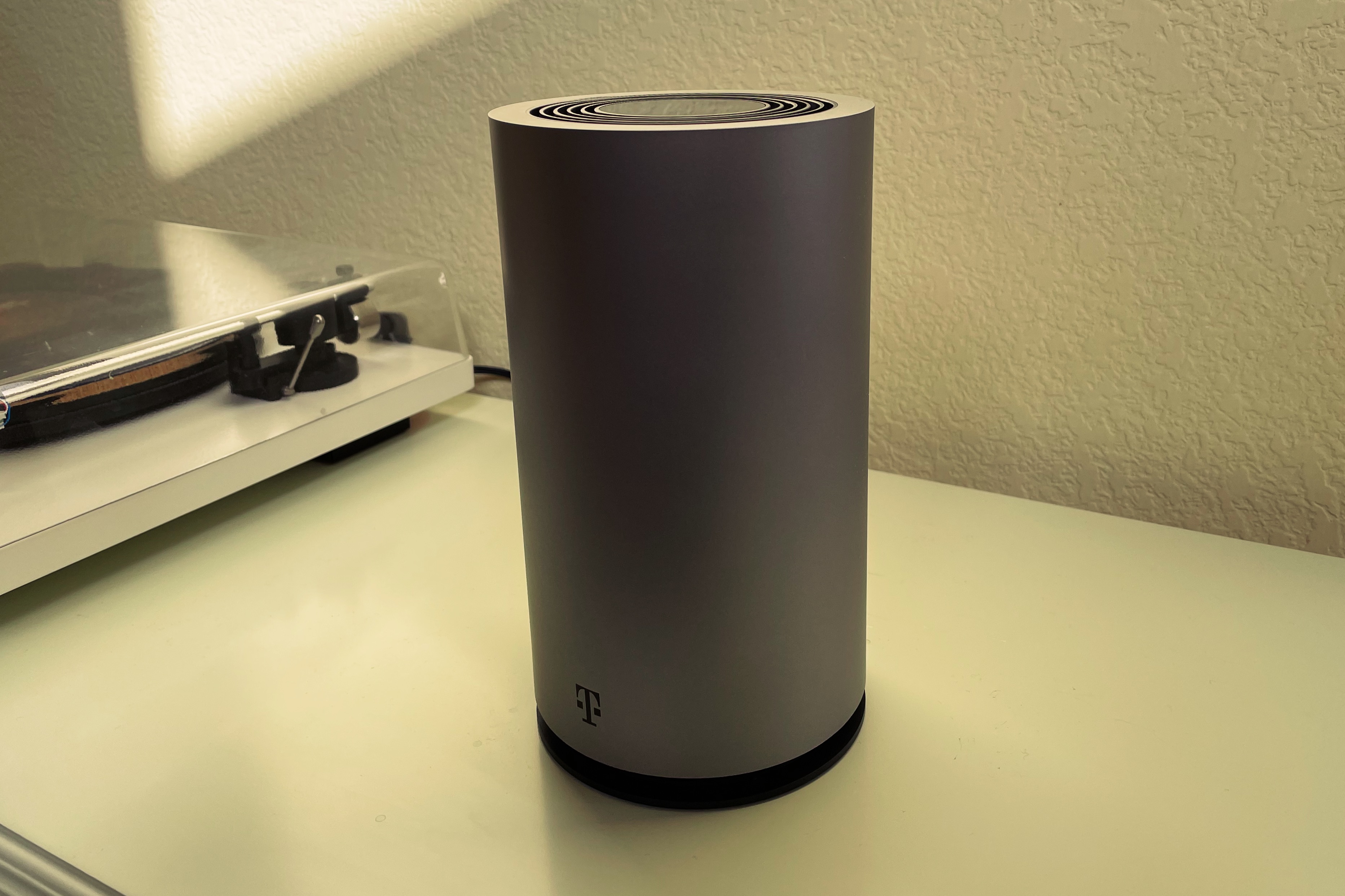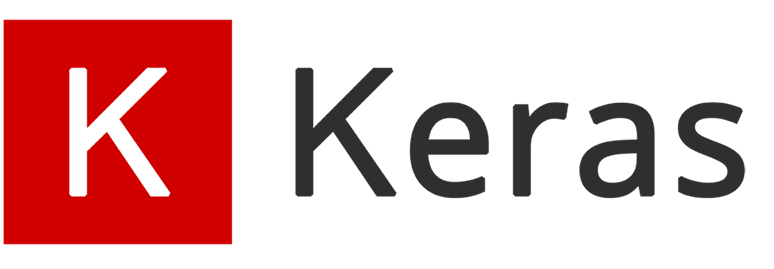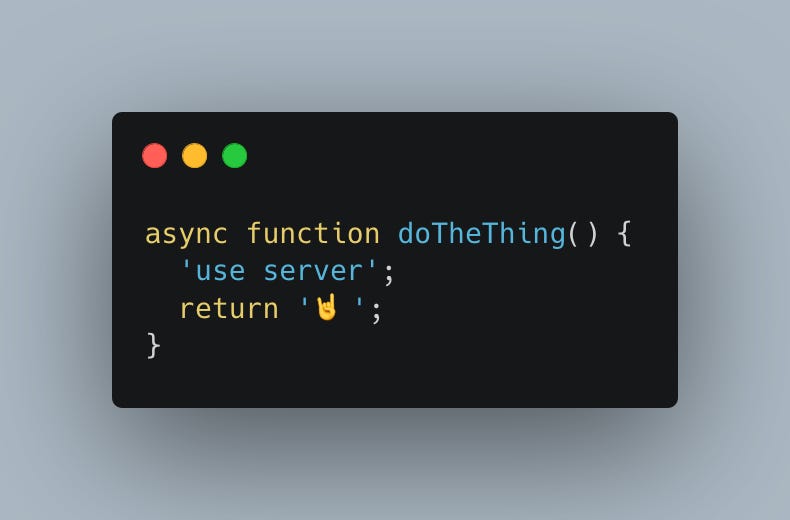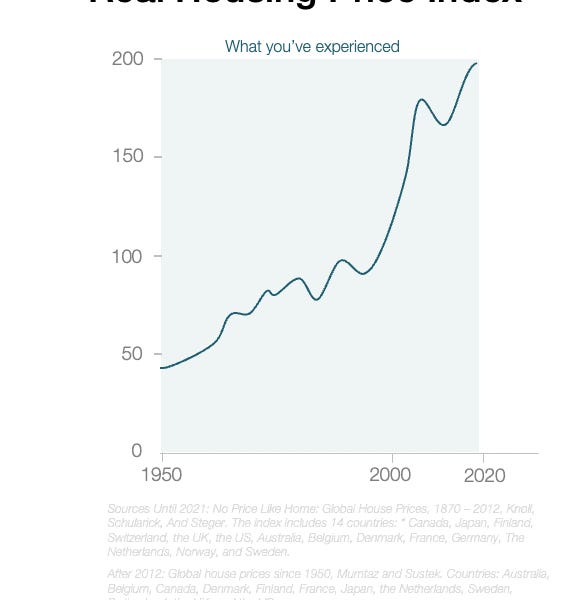
mnot’s blog: How the Next Layer of the Internet is Going to be Standardised
Hi, I’m Mark Nottingham. I usually write here about the Web, protocol design, HTTP, and Internet governance. Find out more.
For a while now, it’s been apparent that Internet and Web standards have stagnated at the ‘top’ of the stack. While the IETF has been busy revising HTTP and replacing TCP down below, a tremendous amount of innovation is going on up top, and it’s all in private hands. This is where most of the apparent value in the Internet now resides: when you ask people what is the Internet? they don’t say anything about end-to-end, reliable delivery, stateful resources, or the browser platform; they say ‘social networking, search and shopping’, or more likely, ‘Facebook, Google and Amazon.’
Services like social networking, instant messaging and online marketplaces don’t have to be entrusted into the hands of these companies – they could be distributed and/or federated systems like the lower layers of the Internet, were there isn’t a ‘choke point’ that allows a single entity to control them. There are even existing standards for many of these functions, but they haven’t succeeded. Sometimes, that’s because they weren’t capable enough, or able to evolve quickly enough (see Moxie’s great talk about this), or because someone used market power to shift power away from an open solution that didn’t fit their business model (Google Reader, anyone?).
With this in mind, I’ve been watching the investigations of the competition issues surrounding big tech platforms around the world with great interest.1 It seems to me that an obvious remedy to a concentration of power is to distribute that power by requiring market participants to use open interoperability standards, and competition regulators have the power to force the issue. This won’t solve all problems with the big platforms, of course, but it’s a great start.
Leave a Comment
Related Posts

‘It’s going to always be on someone’s computer’: digital sex crimes haunt South Korean women
Comment



















